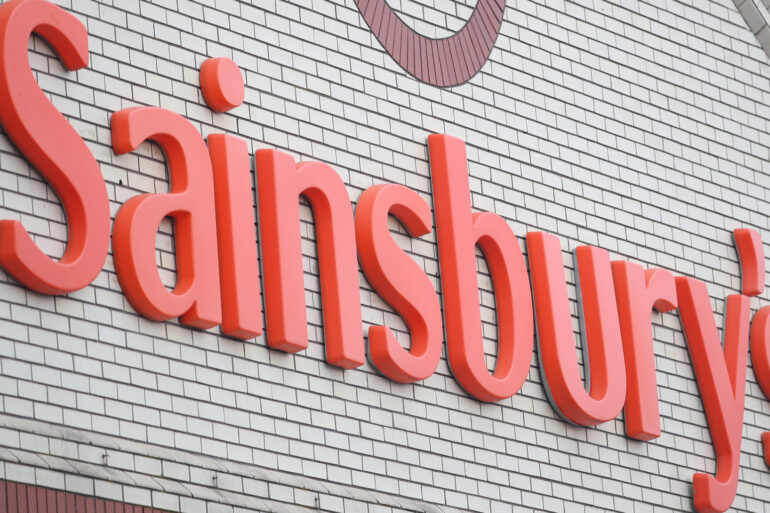-
 play_arrow
play_arrow
Chorley ONE Local Radio for Chorley
Recruitment freezes in NHS scanning and cancer departments risk patient care


Recruitment freezes in NHS scanning and cancer departments are risking patient care, the Royal College of Radiologists (RCR) has warned.
The College said evidence shows NHS trusts are trying to save cash by not filling posts – undermining efforts to cut waiting times for patients and pick up early cancer cases.
Others have been placed under freezes by national NHS bodies, preventing them from hiring new trainees, consultants, or other speciality doctors, the RCR said.
Earlier this week, Prime Minister Sir Keir Starmer set out plans for driving down the NHS waiting list and improving the availability of scans such as MRIs, colonoscopies and bone scans.
However, the RCR said preliminary data from its workforce census – which will be published in full in June – shows that more than a fifth of NHS trusts in England and across the UK have brought in recruitment freezes.
Some 24% of cancer centre heads of service said consultant recruitment freezes were happening in their NHS trust, while 19% of radiology department clinical directors said the same.
The RCR said the UK is already facing a severe shortfall of specialists, with 1,962 fewer consultant radiologists and 185 fewer clinical oncologists than is needed.
These shortfalls are the “main factor” behind the “persistent failure” to meet cancer waiting times targets and the delays to reporting scan results, it said.
A quick diagnosis is especially important for cancer, with research suggesting a month’s delay to starting treatment increases the risk of death by 10%.
According to the RCR, while the NHS has a target that every scan should be reported within a month, in the first half of 2024 alone, more than 420,000 scans took more than a month to report.
A lack of staff is also driving higher costs for the NHS, meaning demand must be managed through locums and outsourcing to private companies, it said.
The RCR calculates that the national outsourcing bill is £276 million, which could pay the salaries of 2,690 consultants.
Dr Katharine Halliday, president of the RCR, said: “Recruitment freezes are a false economy, and it is patients who will pay the price.
“We are facing severe workforce shortfalls and rising demand, so all these freezes will achieve is to force departments to spend more on costly alternatives.
“We urge the Government to make sure our cancer and diagnostics services can recruit the staff they need.”
The College also warned that newly-trained consultants could struggle to find jobs.
In 2024, funded vacancies for consultant radiologists dropped from 518 to just 152.
In 2023, there were 84 funded vacancies for consultant clinical oncologists but this fell to 59 in 2024.
This means newly-trained radiologists and oncologists without a consultant post are forced to apply for locum jobs, move abroad or leave the NHS altogether.
A Department of Health and Social Care spokesperson said: “We know that trusts are under pressure, which is why we announced a £26 billion investment in the health service at the Budget to help build a health service fit for the future, with the staff it needs to get patients seen on time.
“This summer we will publish a refreshed workforce plan to ensure patients are cared for by the right professional, when and where they need it. We will engage with a range of stakeholders to reflect their needs.
“Our National Cancer Plan will also highlight how we plan to tackle delays, diagnose cancer earlier and treat it faster so more patients survive.”
The RCR survey is based on a 94% response rate from radiology directors and 92% from cancer centre heads of service.
The analysis suggests the East Midlands and the East of England are particularly affected, with 40% and 27% of trusts in these regions experiencing recruitment freezes.
These areas already faced radiology workforce shortfalls of 36% and 33% in 2023, the RCR said.
Published: by Radio NewsHubClick here to read this story in full at Radio News Hub
Written by: admin
Similar posts
Copyright THe Mediasite - 2024









